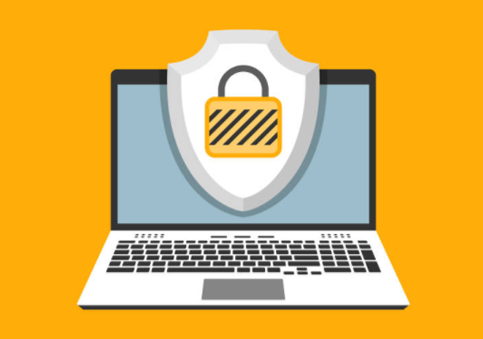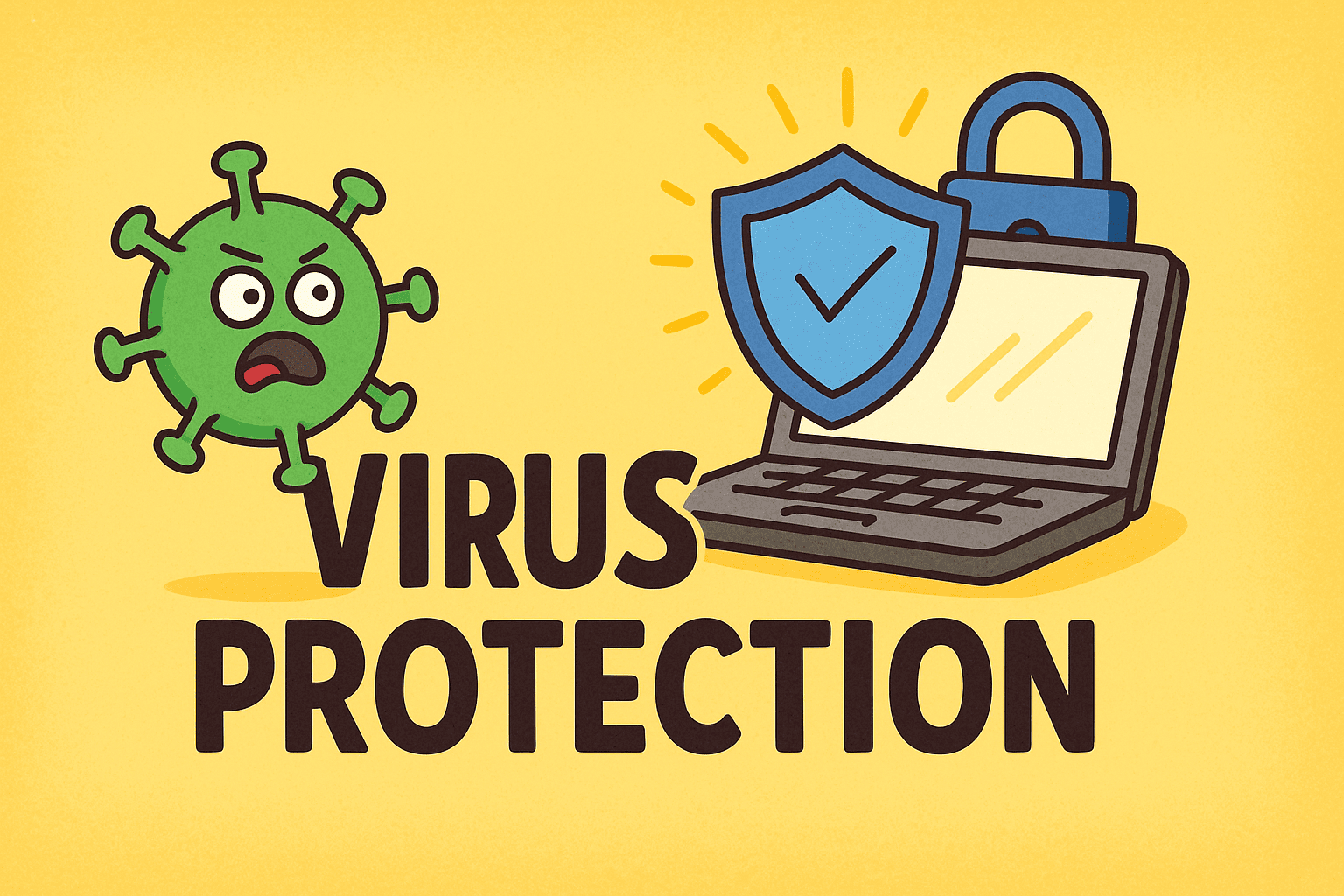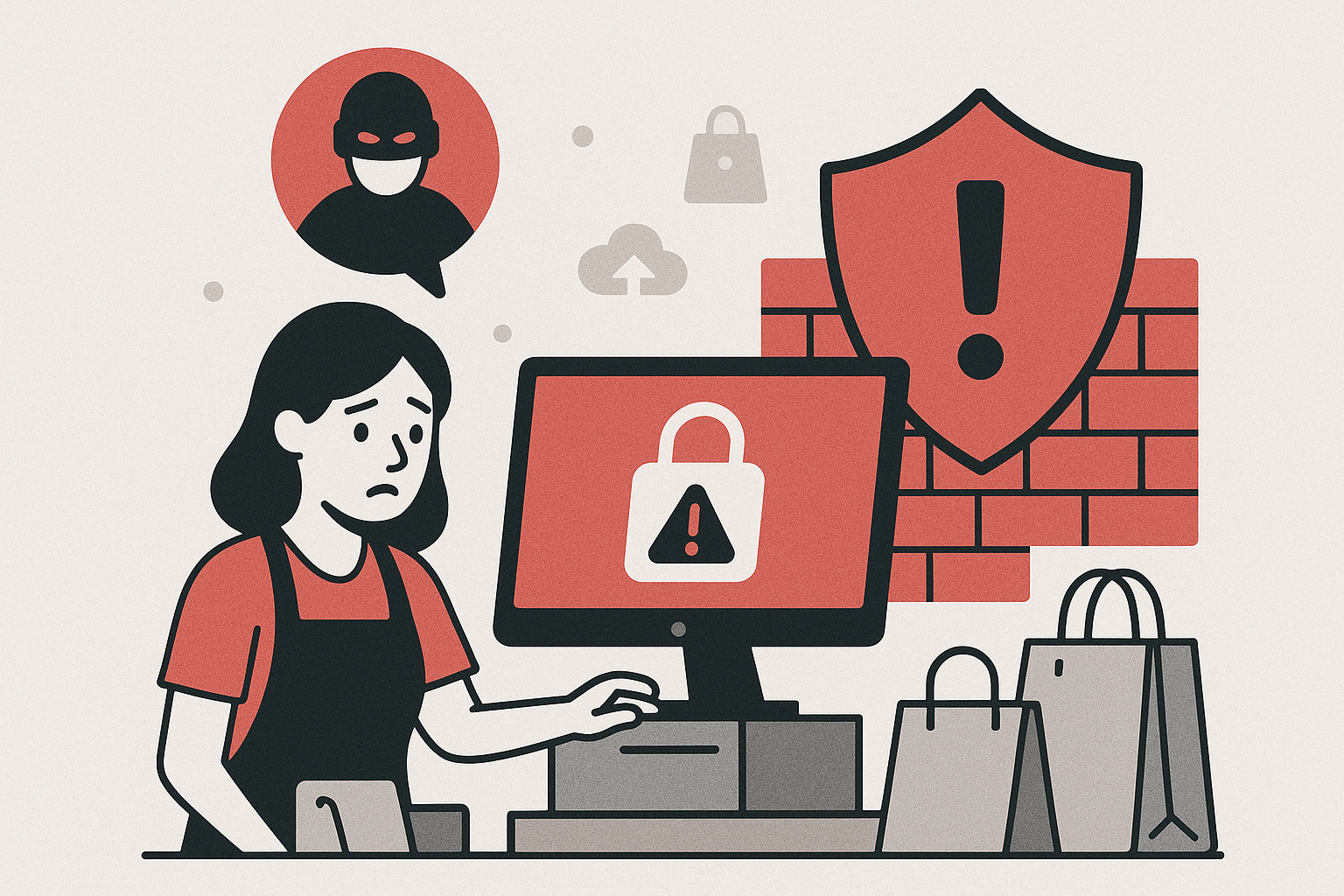Ethical Hacking: How Good Hackers Help Secure Your Business
Updated on June 9, 2025, by Xcitium

You might be wondering: Can hacking actually protect your business? Surprisingly, yes. Ethical hacking—also called penetration testing or white-hat hacking—is a legitimate, structured way to identify and fix cybersecurity vulnerabilities before malicious hackers can exploit them.
In fact, according to IBM’s 2023 Cost of a Data Breach report, companies that used ethical hackers identified breaches 28% faster and saved an average of $1.3 million in mitigation costs. Understanding ethical hacking is not just smart—it’s essential for any IT manager or executive leading digital security.
What Is Ethical Hacking?
Ethical hacking is the process of testing systems, networks, and applications for weaknesses by simulating cyberattacks—with full permission and within legal boundaries.
Also referred to as:
- White-hat hacking
- Authorized hacking
- Penetration testing (when structured into an engagement)
Unlike black-hat hackers, ethical hackers use their skills to protect, not exploit, digital infrastructure. They follow strict ethical guidelines and work with an organization’s permission.
Key Objectives of Ethical Hacking
- Identify security flaws before criminals do
- Evaluate system configurations and patch levels
- Test employee awareness (e.g., phishing simulations)
- Assess real-world exploitability
- Comply with regulatory mandates (HIPAA, PCI-DSS, etc.)
Ethical hackers help organizations stay one step ahead of cybercriminals.
Penetration Testing: A Cornerstone of Ethical Hacking
Penetration testing, or pen testing, is one of the most recognized applications of ethical hacking. It involves a simulated cyberattack on a system, performed under controlled conditions.
Pen Testing Process:
- Planning and Reconnaissance
- Understand business goals and attack surface.
- Scanning and Enumeration
- Identify live hosts, open ports, and running services.
- Exploitation
- Attempt to exploit vulnerabilities to gain access.
- Post-Exploitation
- Evaluate how deep an attacker can go (privilege escalation, data extraction).
- Reporting
- Provide a detailed report with findings, impact assessments, and remediation advice.
Penetration tests can target:
- Web applications
- Internal networks
- External IP ranges
- Physical facilities
- Wi-Fi networks (Wi-Fi hacking)
Ethical Wi-Fi Hacking: Securing Wireless Networks
Wi-Fi hacking isn’t just for criminals—it’s a valid part of ethical hacking when used to assess wireless vulnerabilities.
Common Tests Include:
- Cracking weak WPA2/3 passwords
- Detecting rogue access points
- Man-in-the-middle simulations
- DNS spoofing and packet sniffing
Businesses often overlook their wireless security posture, making Wi-Fi penetration testing an important part of a full cybersecurity strategy.
Can You Hack a Website Ethically?
Yes—with permission. Website penetration testing focuses on web applications and includes:
- SQL Injection
- Cross-Site Scripting (XSS)
- File inclusion vulnerabilities
- Authentication flaws
- Broken session management
Using tools like Burp Suite, OWASP ZAP, and Metasploit, ethical hackers assess the security of websites and APIs to prevent customer data leaks and unauthorized access.
Tools and Techniques Used by Ethical Hackers
Ethical hackers leverage many of the same tools used by malicious actors—only for good.
Common Ethical Hacking Tools:
- Nmap – Network scanning
- Wireshark – Packet sniffing
- Metasploit – Exploitation framework
- Aircrack-ng – Wi-Fi network testing
- Burp Suite – Web app security
- John the Ripper – Password cracking (for audits)
Skills Every Ethical Hacker Should Have
- Proficiency in network protocols (TCP/IP, HTTP, DNS)
- Deep knowledge of operating systems (Linux, Windows, macOS, iOS operating system)
- Scripting skills (Python, Bash, PowerShell)
- Familiarity with cloud platforms and mobile OSs (iOS vs Android testing approaches)
- Awareness of compliance regulations and security frameworks
Benefits of Ethical Hacking for Business Leaders
- Proactive risk mitigation
- Improved security posture
- Customer trust
- Regulatory compliance
- Preparedness for zero-day vulnerabilities
By hiring ethical hackers or building red teams, CEOs and IT leaders gain a realistic understanding of their threat landscape.
FAQs: Ethical Hacking in Practice
1. Is ethical hacking legal?
Yes—when performed with the organization’s permission. Without consent, it’s illegal.
2. How is ethical hacking different from penetration testing?
Penetration testing is a specific use case of ethical hacking. All pen testers are ethical hackers, but not all ethical hackers perform pen tests.
3. Can ethical hackers hack a website?
Yes, but only with permission. Website security testing is a common ethical hacking task.
4. What certifications do ethical hackers need?
Popular certifications include CEH (Certified Ethical Hacker), OSCP (Offensive Security Certified Professional), and CompTIA PenTest+.
5. Is Wi-Fi hacking part of ethical hacking?
Yes. Ethical hackers test Wi-Fi networks to uncover encryption weaknesses and rogue devices.
Final Thoughts: Why Ethical Hacking Is a Must for Modern Cybersecurity
Ethical hacking isn’t about breaking rules—it’s about breaking into your systems before the bad guys do. For companies looking to secure their digital environments, ethical hackers are allies, not adversaries.
In a digital-first world, businesses that proactively test their defenses stand a much better chance of protecting assets, meeting compliance, and staying ahead of ever-evolving cyber threats.
👉 Request a Demo from Xcitium and Build a Stronger Security Posture with Ethical Hacking















